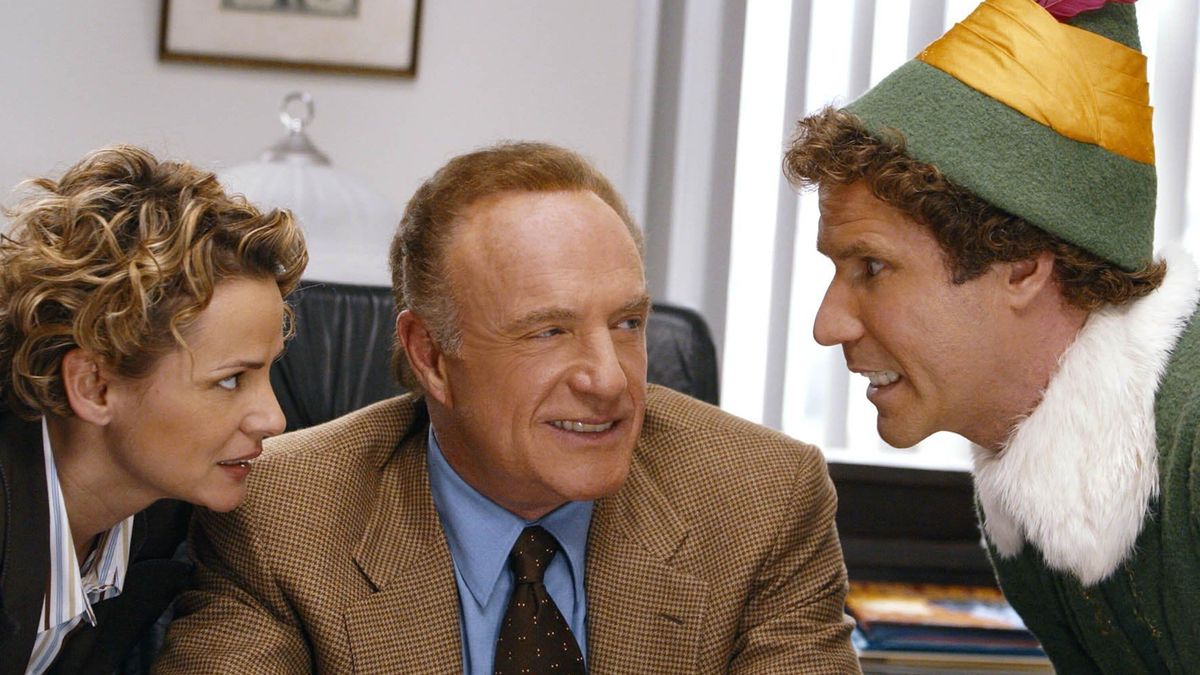During his life, Pavel Durov experienced many moments when he was a star on the stage of world journalism and technology, as his platform “TelegramRecently breaking the 900 million active users barrier, Durov has also been in the spotlight for his personal life.
But all these moments pale in comparison to the moment he was arrested by the French authorities, as the world was surprised by his arrest at Le Bourget Airport in France after being accused of contributing to the dissemination of child pornography.
Overnight, Durov became a controversial figure in various parts of the world, between those who see him as a martyr for freedom of expression, and those who see him as a profiteer who made his fortune by facilitating the work of criminals in the digital world. In between the two lies the real Pavel Durov. Who is he?
His brilliance since childhood
Pavel Durov was born in 1984 in the Soviet Union to Russian parents. His parents decided to move to Italy when he was 4 years old, and he returned to Russia with the fall of the Soviet Union after his father received an offer to work as a professor at St. Petersburg University.
Pavel and his older brother Nikolai shared a love of mathematics and intelligence in general from an early age. Nikolai, the older brother, participated in an Italian television competition to solve cubic equations, and won the gold medal in the Mathematical Olympiad for three consecutive years from 1996 to 1998. Pavel was the ideal student for several consecutive years at his university.
Pavel and Nikolai were hooked on programming at a very young age, thanks to an IBM XT computer they received in the early 1990s after returning from Italy, meaning they were one of the few families in Russia to have access to personal computers, Pavel said during a rare interview with popular radio host Tucker Carlson earlier this year.
In 2006, when Durov was 21, he developed a social media platform called Vkontakte, which earned him the nickname “Russia’s Zuckerberg.” Despite this similarity, Durov’s relationship with the Kremlin turned hostile much faster than Zuckerberg’s and the White House’s.
A challenge to the authorities from the beginning
VK was founded in 2006, a full eight years before Telegram, but Durov’s struggles with power began even then, when he refused a direct request from the Kremlin for access to user data after the platform was used to organize protests against Ukraine’s pro-Russian president.
Durov described his experience of founding the platform and clashing with the Russian authorities as a learning experience, as he was not seeking wealth at the time, but rather his main goal was to provide a platform that would allow users to speak freely.
Durov eventually gave up his stake in the platform, selling all of his shares after stepping down as CEO and leaving the country altogether. VK is now under a leadership that is largely loyal to the Russian authorities. While Durov realized his mistake in establishing the platform under the watchful eye of the Russian authorities, in 2017 he quickly decided to move his company’s headquarters entirely to Dubai Media City, settling there until he obtained Emirati citizenship in February 2021.
Privacy first
Since the beginning of Durov's conflict with the Russian authorities, he has been raising the banner of personal freedom and privacy protection, so in 2015, just one year after the launch of Telegram, he came out saying that all social media and instant messaging platforms are bad because they all leave a back door for the authorities to monitor their users, in a direct statement with the Tech Crunch website.
In another interview with CNN, Durov stressed that Telegram is the most secure instant messaging platform in the world, and that the platform's management does not intend to open a backdoor for any government in the world because this contradicts their principles.
For this very reason, the platform's management refuses to reveal its encryption algorithm that is used continuously and permanently with all messages, and although Telegram uses two-party encryption algorithms like WhatsApp, the latter's algorithm is available for access and testing.
This trend prompted Russian authorities to try to ban the app in 2018, despite Durov’s best efforts to fight the ban. In 2020, he managed to lift the ban and make the platform available again, making it one of the few global social media platforms that operates in Russia without restrictions.
A secret deal between Durov and Putin?
The unban on Telegram in 2020 came as a surprise to the world, as Pavel Durov had repeatedly stressed that he was directly hostile to the Russian government and would not give it access to his platform’s algorithms. So, fingers pointed directly at Durov, saying that he had made a deal with the Kremlin so that the platform would be available within Russian borders.
Of course, Durov tried hard to deny these accusations, and in many interviews he referred to the conflicts he had with the Russian government, but this was not enough to ward off the accusations against him, and what contributed to strengthening these accusations was the presence of Durov and Putin at the same time within the borders of Azerbaijan.
This was several days before Durov's arrest, as Russian President Vladimir Putin and Pavel Durov were in Azerbaijan separately at the same time, and despite both sides' assurances that they had not met, Russian authorities were quick to take the necessary measures immediately after Durov's arrest.
France has currently issued an arrest warrant for the platform’s co-founder Nikolai Durov on the same allegations, and while Telegram’s content moderation policy has been a major concern for Western authorities in recent years, France’s move against the brothers now may be more than just an attempt to crack down on child trafficking networks. It may also have something to do with the 2015 protests in which the platform played a key role.




